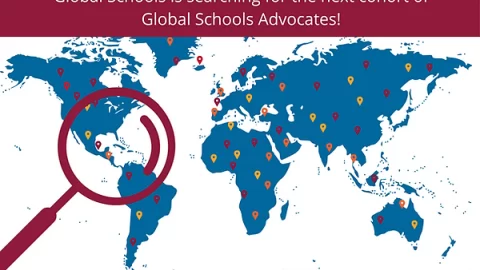By ‘Sola Fagorusi
If strokes of canes could be ‘Wifi-ed’ or ‘bluetoothed’, Reno Omokri would have been at the mercy of many angry Nigerians. By now he would be nursing a lacerated back. Given his portfolio, it is possible that many Nigerians, who are not enthusiasts of the new media, do not know him. But Omokri is Nigeria’s first Special Assistant on New Media to a sitting president. He is one of the tens of Special Assistants and Advisers that President Goodluck Jonathan has. His blunder is that he sent emails to a number of platforms using a pseudo identity – Wendell Simlin.
The email sought to link the recently-suspended Governor of the Central Bank, Lamido Sanusi, to the recent killings in the North Eastern part of the country. Later it became evident that the mail was sent by him, no thanks to digital footprints that the Microsoft Word document carried and the unveiling of the Internet Protocol address showing where the mail emanated from. Expectedly, ‘Tweeples’ on Twitter last week showed him no mercy for his unethical use of the new media; #Wendellgate trended.
In less than a week, the gentleman’s profile on Wikipaedia now carries this information with hyperlinks. The last sentence of his profile reads – “In February 2014, New York-based Sahara Reporters linked him (through his IP address and email address) to a fake document purportedly used as evidence by Nigeria’s President to sack Nigeria’s Central Bank governor, Sanusi Lamido Sanusi.” My interest here lies in the lessons we can draw from the digital footprint that led to the discovery and not the cruel intention that possibly triggered the idea of such mail in the first place.
The new media is part of the World Wide Web ecosystem. It is colossal and it is rich. The content therein is the history of all that is on the planet today, including those that will be here after we have left, and those that were here before us. Besides, history is largely the story of people. Our inevitable dependence on new media means that its shadow is constantly with us; except that this shadow has a footprint to tell us, as well as those who care to know, that we have been somewhere. It also carries with it the ability to be specific. It can tell the exact time we were there (anywhere in cyber space), what we did and for how long we did it. This depends on the platform in question.
A good place to start is to do a Google search of one’s name. It is called a vanity search. And I have heard someone ask – Does Google know you! What you find is the visible footprints you have left behind. There are also the invisible ones that would take various levels of new media knowledge to unlock and access. For every time we like a page on Facebook or leave a comment on a site that one feels no one knows we visit, we leave a trail behind. Sadly or happily, the Internet has a memory that is better than that of an elephant!
With the social media for example, users should never assume that what they post or share will only be seen by a few individuals. Going back to delete the post, as we have seen on several occasion, is not a guarantee that it is no longer online. It only takes one click on the ‘Print Scr’ key to archive the output of a single moment of anger or needless exuberance.
Given the massive growth in social media use, it is only decent that parents and educational institutions should begin to offer their children and students opportunities to be new media literate. Online digital footprint is real. Nothing that is put out in the cyber space disappears. It stays there forever. Our digital footprints can only hurt us or enhance our work. It is up to us to decide on either of the two, depending on how we use the new media today. Avoiding the online space is not an option. Our absence there may even do more damage than good. It is only natural that one gets suspicious when you meet someone, especially a young person, who does not use any social media tool. I become cautious and curious when, before or after a meeting, I do an online check on a new contact and I cannot find anything.
As regards Facebook, users should know that each time we like a page, picture, video or leave a comment on any status update (even on blogs), our friends see them, especially when they are online and are not using a mobile device to access the Internet. Others can also stumble on information about the games we play or the music we listen to online. Groups on Facebook and other platforms should also be joined selectively while untagging ourselves in unsuitable pictures is the right thing to do. On our offline tools, there are also footprints. One can see recent documents and history to tell anyone who cares ‘where’ we have been. We can find out when the document was last edited and even know who the author of a document is.
LinkedIn users even get a notification as to who has checked their profile and when they did so. With this age, it is also impossible to tell a lie, especially if it is information that is supposed to be in the news. A Google or Bing search that does not turn in a result would be a red flag. Likewise, it is almost impossible to delete ourselves from the cyber space. There seems to be no secret in cyberspace. Our password only creates an entry point for us, what we do afterwards is not ‘pass worded’!
As Mr. Omokri nurses his new media injuries, the decent take home for us is the understanding that digital footprints exist and we need to work towards leaving only the kind of footprints we desire.
_______
@SolaFagro







